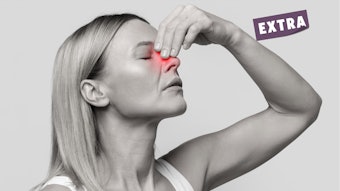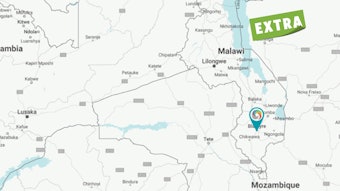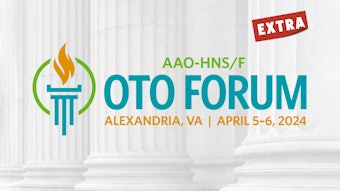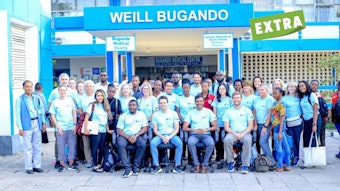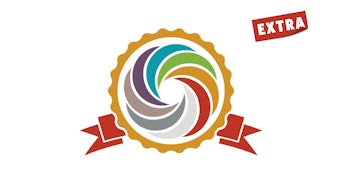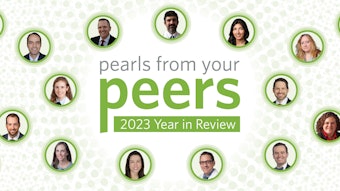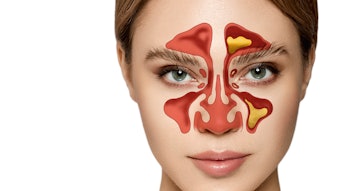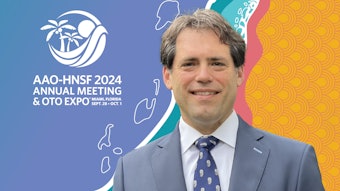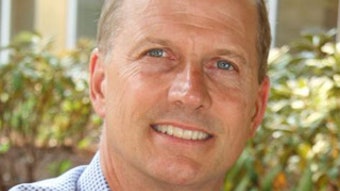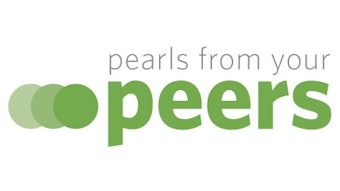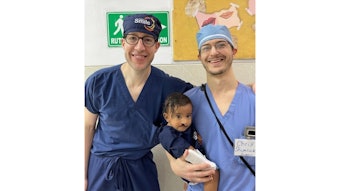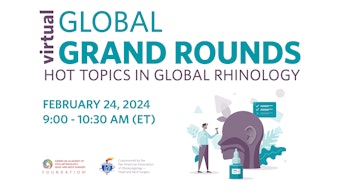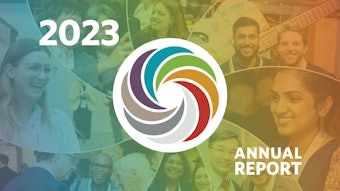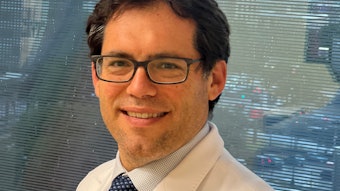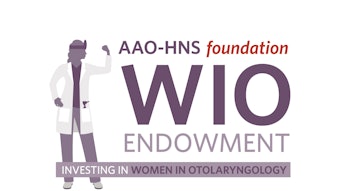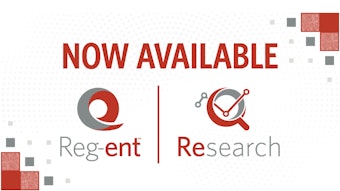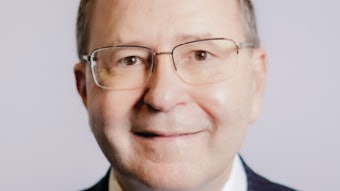Q&A with Eugene N. Myers, MD, FRCS Edin (Hon)
Hear more from the namesake of the AAO-HNSF’s recently launched Eugene N. Myers, MD Global Education Fund.
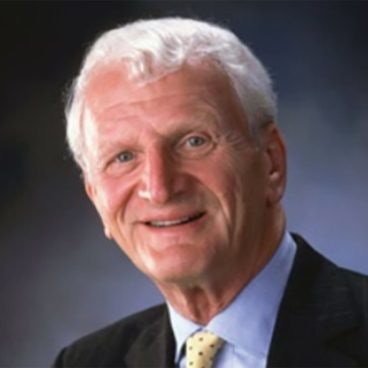 Eugene N. Myers, MD, FRCS Edin (Hon)
Eugene N. Myers, MD, FRCS Edin (Hon)
Mission of the Eugene N. Myers, MD Global Education Fund
The fund provides grants to physicians who practice in lower income countries and have limited or no access to otolaryngology professional development resources to access or offset costs associated with AAO-HNSF education resources and opportunities. Among other initiatives, this includes funding international visiting scholar and travel grants to the AAO-HNSF Annual Meeting & OTO EXPOSM and providing scholarship discounts for education programs such as FLEX, OTO Logic, and the new Otolaryngology Core Curriculum, which will launch in July 2024.
Learn more
How did you first get involved with working with physicians in lower resource countries, and why have you stayed engaged over the years?
Almost immediately after joining the AAO-HNS in 1966, I got involved with the Pan American Committee, which at the time was the Academy’s only international program. The work was stimulating and drove my initial interests in international outreach and humanitarian work. One of the committee’s initiatives was engaging physicians from lower-income countries within the Pan American region, and to provide them with opportunities to visit medical institutions in the United States to learn from professors and to stay up to date on new technologies, techniques, and treatments for diseases. Looking back, this work helped shape the Academy’s global direction when we launched the AAO-HNSF International Affairs Program in 1996. Committed to providing education and services for international otolaryngologists, we forged global partnerships, expanded education opportunities on behalf of the AAO-HNSF, and established the Academy’s International Corresponding Societies (ICS) network, which currently includes partnerships with 77 national societies worldwide.
I remain engaged today because there is still work to be done. Physicians in lower-resourced countries face many obstacles—limited access to medical supplies, outdated technology, overcrowded facilities, poor pay, and no access to the continuing education needed to improve patient care.
The need is great; there is a lot we can do to help.
Provide an example of a positive outcome that resulted from global outreach work.
I need to brag a little bit about my department, the Department of Otolaryngology at the University of Pittsburgh School of Medicine, which is internationally known. Since 1981, when we hosted our first international visiting scholar, we've had several thousand people from all over the world come to study in our department. One of these visiting scholars was Johan J. Fagan, MBChB, FCS(SA), M.Med.(Otol), from the University of Cape Town, South Africa. I had the privilege of mentoring Dr. Fagan, who, after completing fellowships at the University of Pittsburgh in head and neck/cranial base surgery and in otology, returned to South Africa and was appointed the Leon Goldman Professor and Chair, Division of Otolaryngology at the University of Cape Town Medical School in 2002.
Dr. Fagan has devoted much of his career to advancing otolaryngology-head and neck surgery in Africa and developing countries around the world by creating awareness of global inequality of training opportunities and access to care. His department hosts the only fellowships in Sub-Saharan Africa in head and neck surgery, rhinology, pediatric otolaryngology, and otology. Over the years, he has trained many African head and neck surgeons from throughout Sub-Saharan Africa, who have returned to their home countries and are improving the outcomes of patients, providing excellent clinical care, setting up treatment centers, and sharing their knowledge and expertise with the next generation of physicians.
Dr. Fagan also founded the African Head and Neck Society (AfHNS) that coordinates ongoing training and education for those engaged in the management of patients with diseases of the head and neck. Every month, physicians throughout Africa meet virtually to present and discuss cases, which I along with a few other U.S. physicians attend. Dr. Fagan has done incredible work and is wonderful example of how global outreach can make an enormous impact.
Why is it important that the Academy continues to provide education, resources, and programs for physicians outside of the U.S., especially those working in the lower-resource countries?
Outreach and education are at the heart of the Academy’s mission, and I think the AAO-HNSF has done a good job over the years to provide resources and opportunities for the ENT community worldwide. With advancements in mainstream communication platforms and being able to reach physicians virtually, the Academy’s outreach has grown through initiatives such as the Global Grand Rounds Webinar Series.
Through collaboration with the Academy’s ICS partners, many U.S. physicians participate at international Joint Meetings, volunteering their time and paying their own way to share their knowledge and research with international colleagues in person.
Also invaluable are opportunities, such as the International Visiting Scholarship Program and the AAO-HNSF Annual Meeting, which enable the global ENT community to come to the U.S. to learn. This in-person interaction is especially beneficial for physicians who may lack access to specialized training, technology, and resources.
What do you hope can be achieved through the establishment of the Eugene N. Meyers, MD Global Education Fund?
As we continue to grow the fund, I hope that we can carve out a mechanism that spreads the word to individuals in low-income countries, so they are aware of the existence of the fund and are compelled to apply. Additionally, we need to survey U.S. institutions who are willing to accommodate international visiting scholars and help connect them with the international physicians interested in coming to the U.S. There is a multifaceted type of approach that we need to think through and be able to implement.
I am grateful for the honor that the Academy bestowed upon me in putting my name on the fund. I am hopeful many physicians, for years to come, will benefit and will share the knowledge attained from the Eugene N. Myers, MD, Global Education Fund to improve patient care in their home country and around the world.
The AAO-HNSF will begin accepting applications in 2024. For more information or to donate, visit www.entnet.org/MyersGlobalFund.
